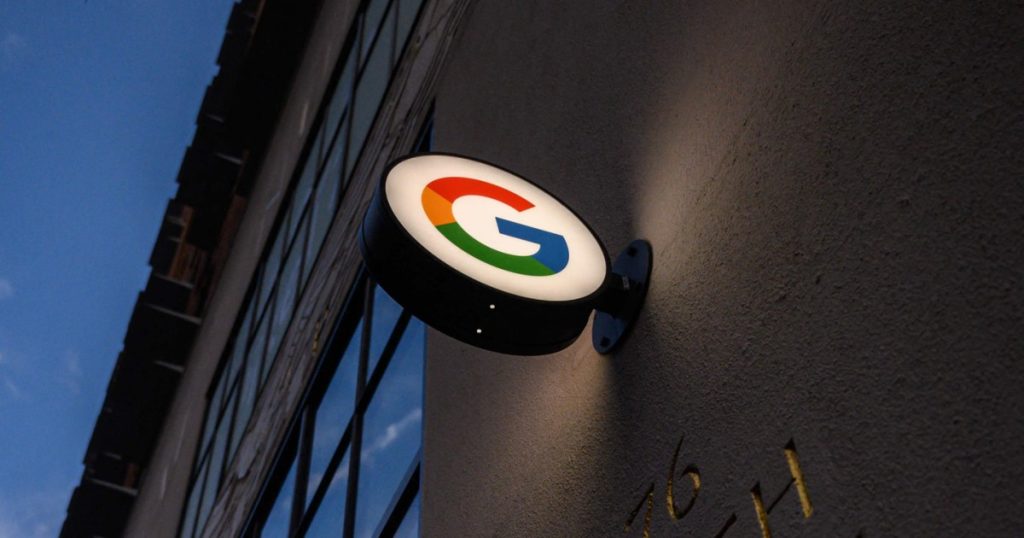Google has agreed to destroy billions of data records as part of a settlement in a lawsuit alleging that the company secretly tracked the internet use of individuals who believed they were browsing privately. The terms of the settlement were filed in federal court in Oakland, California and are subject to approval by U.S. District Judge Yvonne Gonzalez Rogers. Although users will not receive damages as part of the settlement, they will retain the right to sue individually for damages. The settlement, valued by lawyers for the plaintiffs at over $5 billion and potentially as high as $7.8 billion, stems from a class-action lawsuit filed in 2020 on behalf of millions of Google users who used private browsing since June 1, 2016.
The users alleged that Google’s analytics, cookies, and apps allowed the company to improperly track individuals who utilized Google’s Chrome browser in “Incognito” mode or other browsers in “private” browsing mode. As part of the settlement, Google has begun updating disclosures about the data it collects during private browsing sessions and has agreed to allow Incognito users to block third-party cookies for a period of five years. The plaintiffs’ lawyers noted that as a result of the settlement, Google will collect less data from users’ private browsing sessions and will generate less revenue from that data. Although Google has expressed support for the final approval of the settlement, it disagrees with some of the legal and factual characterizations made by the plaintiffs.
The settlement represents a historic step, according to David Boies, a lawyer for the plaintiffs, in holding dominant technology companies accountable and requiring them to be more transparent and honest in their practices. A preliminary settlement was reached in December prior to the filing of the terms in court, with a trial scheduled for February 5, 2024. Financial terms of the settlement were not disclosed at the time of the preliminary agreement. The plaintiffs’ lawyers intend to seek unspecified legal fees to be paid by Google at a later date.
The settlement highlights the ongoing debate surrounding privacy concerns in the digital age, particularly in relation to how tech companies collect and utilize user data. By agreeing to destroy billions of data records and update its disclosures regarding private browsing, Google is taking steps to address some of the issues raised in the lawsuit. The settlement also demonstrates the potential financial impact on companies like Google when faced with legal challenges related to data tracking and privacy violations. The case serves as a reminder of the importance of transparency and accountability in the tech industry, as well as the rights of individuals to seek legal recourse in response to alleged violations of their privacy rights.
The outcome of the settlement may have broader implications for other technology companies that collect and use data from users’ private browsing sessions. By requiring Google to update its disclosures and allowing users to block third-party cookies during private browsing, the settlement sets a precedent for greater transparency and privacy protections in the industry. While users will not receive damages as part of this settlement, the option to pursue individual legal action for damages remains available, highlighting the ongoing efforts to hold tech companies accountable for their data collection practices. As technology continues to evolve, the challenges surrounding privacy and data protection will likely continue to be a key focus for regulators, lawmakers, and consumers.


